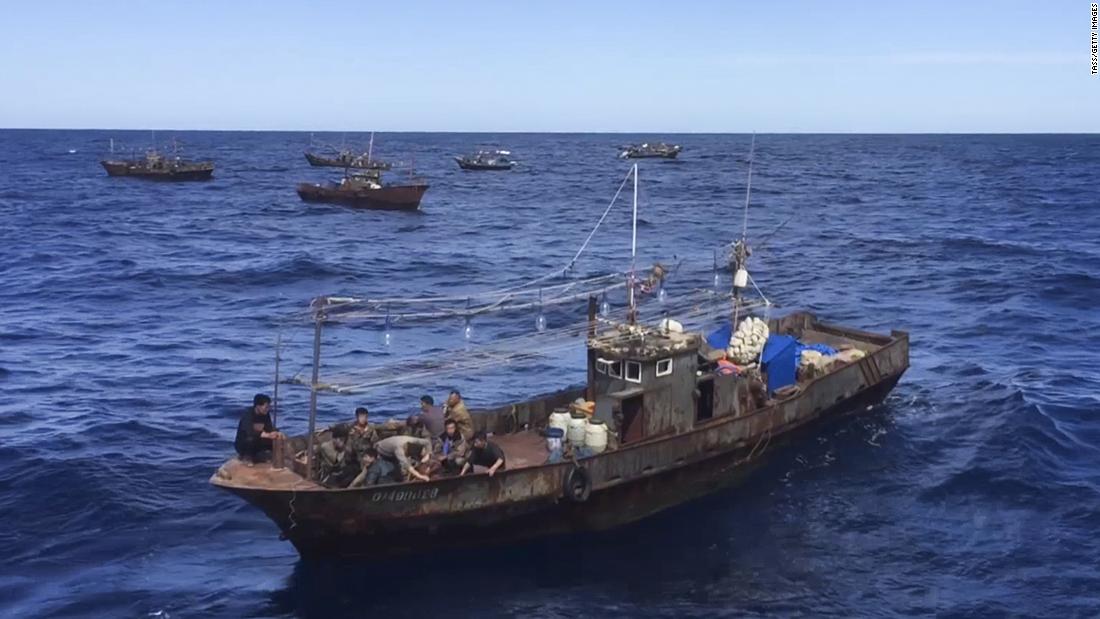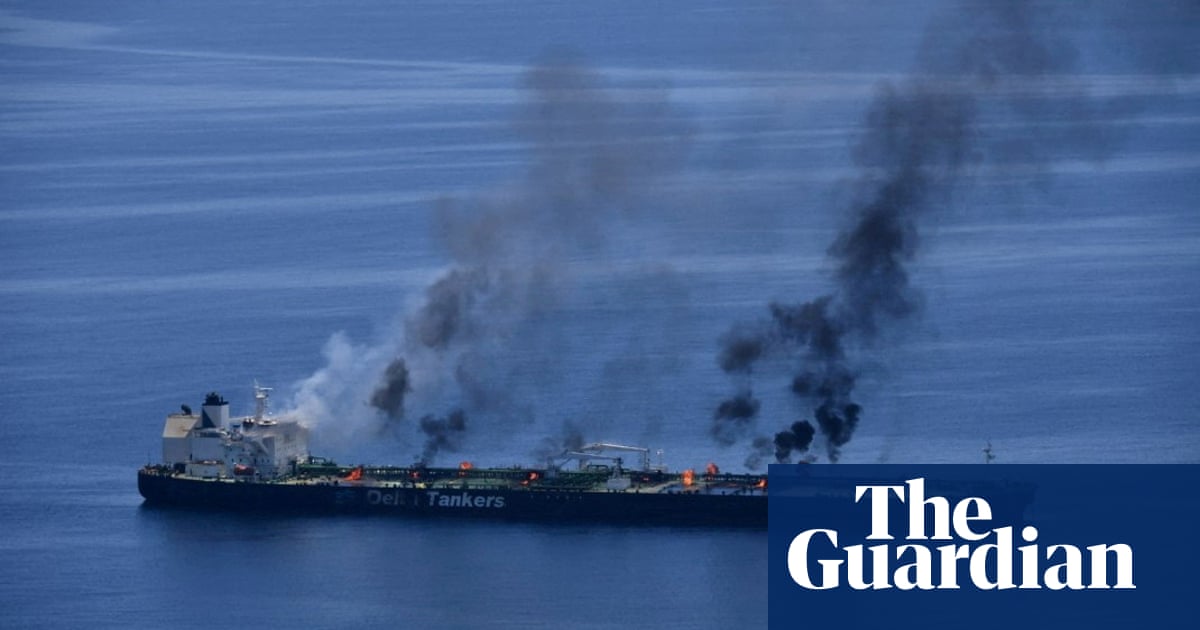Research by the non-profit organization Global Fishing Watch found that the total number of days North Korean ships spent fishing squid in Russian waters decreased by 95%, from 146,800 to 6,600. Squid fishing in North Korean territorial waters also suffered a dramatic decline.
Global Fishing Watch used satellite imagery and other marine surveillance technology to track the number of squid fishing vessels during the fishing season from May to November. Squid fishing is one of the easiest to track from afar because it is done at night with powerful lighting equipment.
Squid is popular throughout Northeast Asia, and increased demand in recent years has threatened the sustainability of the already dwindling squid stocks in the region, according to Global Fishing Watch. In North Korea, squid is fermented, pickled, grilled, fried, or dried and served as a snack.
Jeon Park, a leading data scientist at Global Fishing Watch, said the unprecedented decline appears to be due to the strict entry and exit restrictions put in place by North Korean leader Kim Jong Un to keep Covid-19 out of the country.
Experts believe that Kim closed North Korea’s borders last year and cut its last meager ties with the outside world because he knows Pyongyang’s dilapidated healthcare infrastructure will be overwhelmed by the coronavirus outbreak.
North Korea says it has not contracted a single case of Covid-19, an allegation most experts dismiss as propaganda. But the country appears to have escaped a major wave of infections, thanks in part to strict measures to combat the epidemic, control the movement of people and close borders.
“We can safely say that there is a nationwide shortage of many major food types,” he said.
Hunting away from home
North Korean fishermen often work illegally outside the country’s domestic waters due to overcrowding.
Global Fishing Watch’s Park said squid fishing in Russian and North Korean territorial waters decreased significantly in 2020. During the peak season from September to November, Global Fishing Watch found 50% fewer vessels of Chinese origin operating in North Korean waters than I did. During the same time in previous years.
However, North Korean squid fishing boats did not benefit. Park said there has been no corresponding increase in North Korean squid fishing in the country’s territorial waters, so it is possible that a large amount of North Korean squid supplies “completely disappeared in 2020.”

“Študent. Nadšenec kávy. Badateľ priateľský k hipsterom. Zlý podnikateľ. Extrémny internetový fanatik.”





